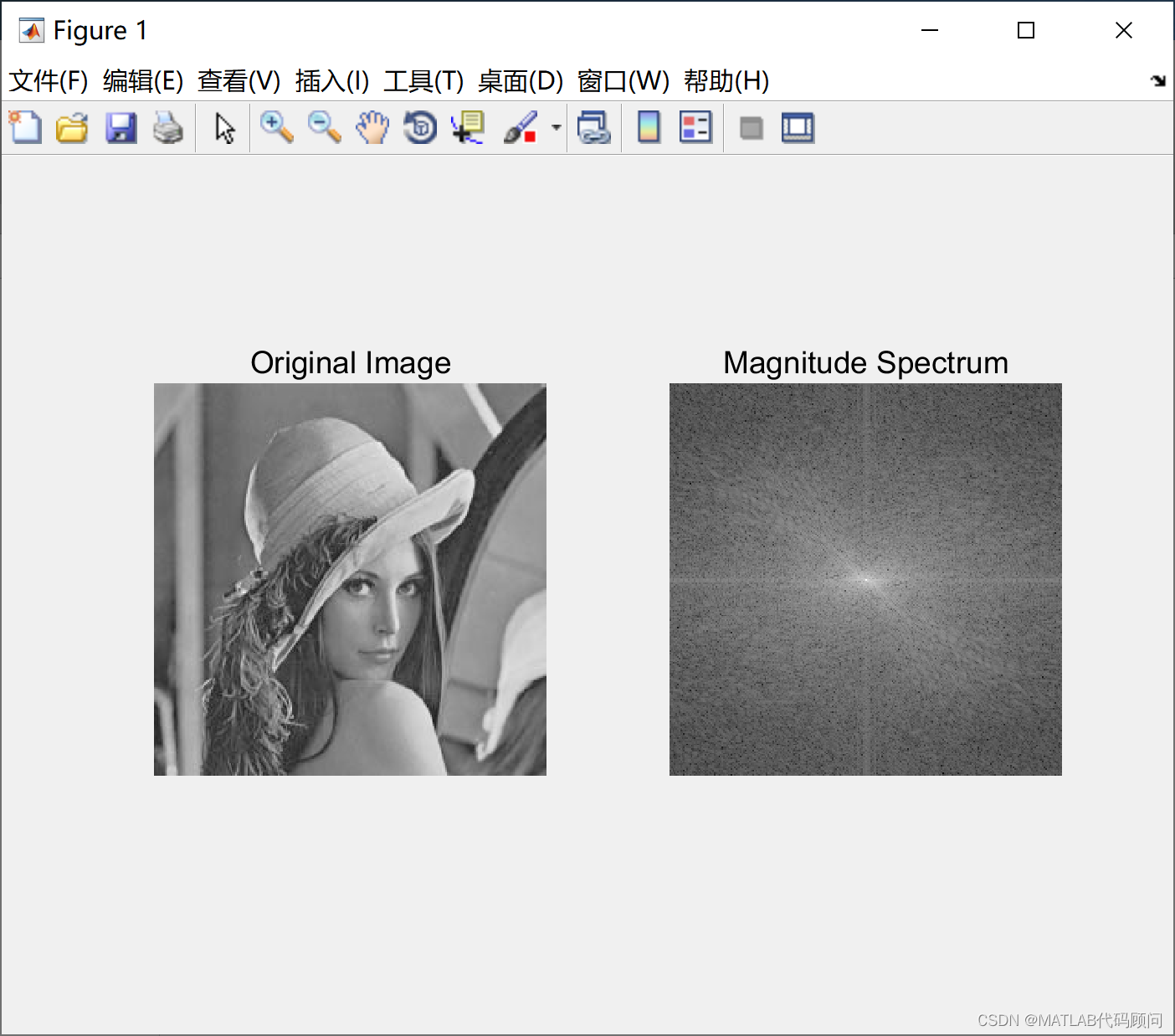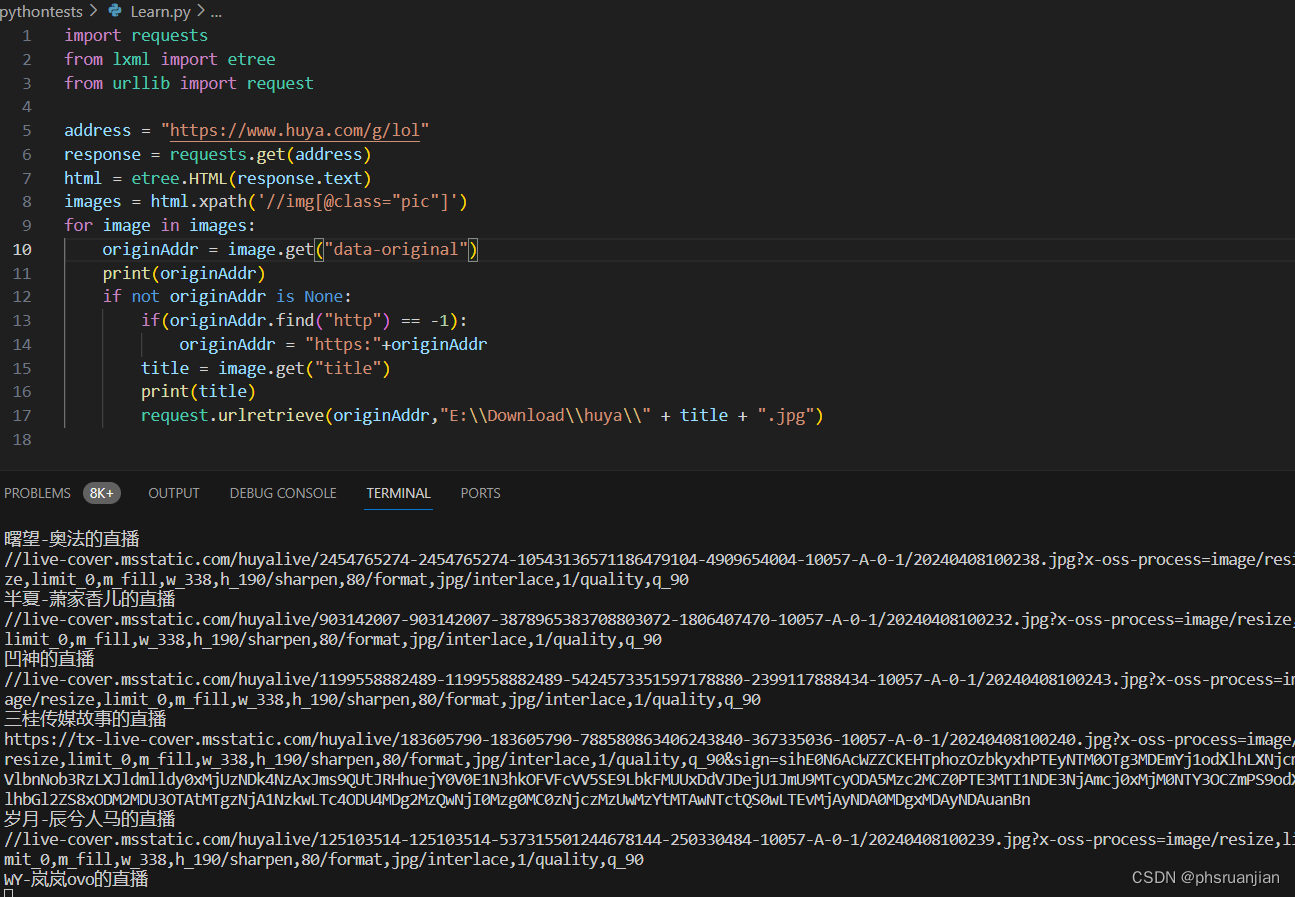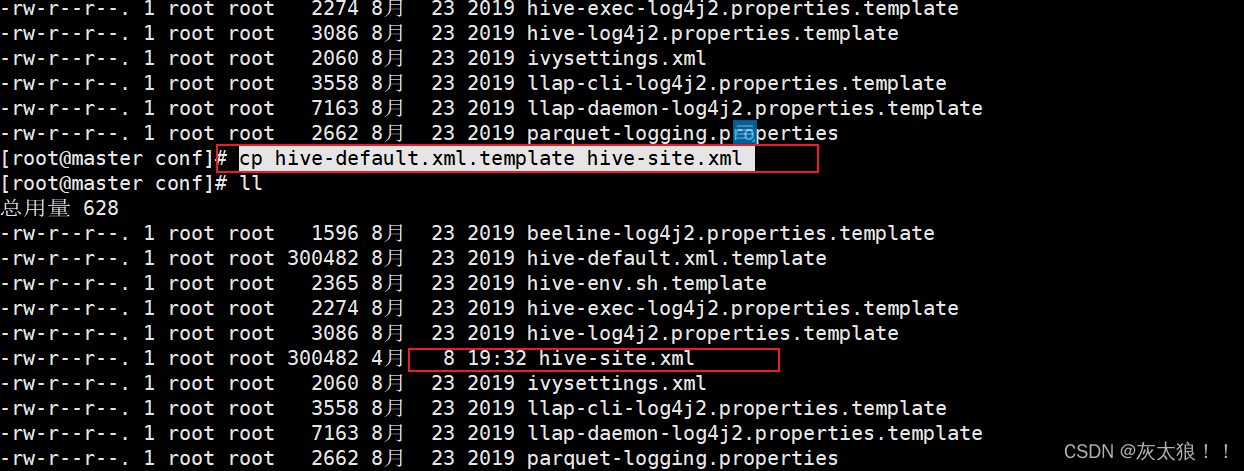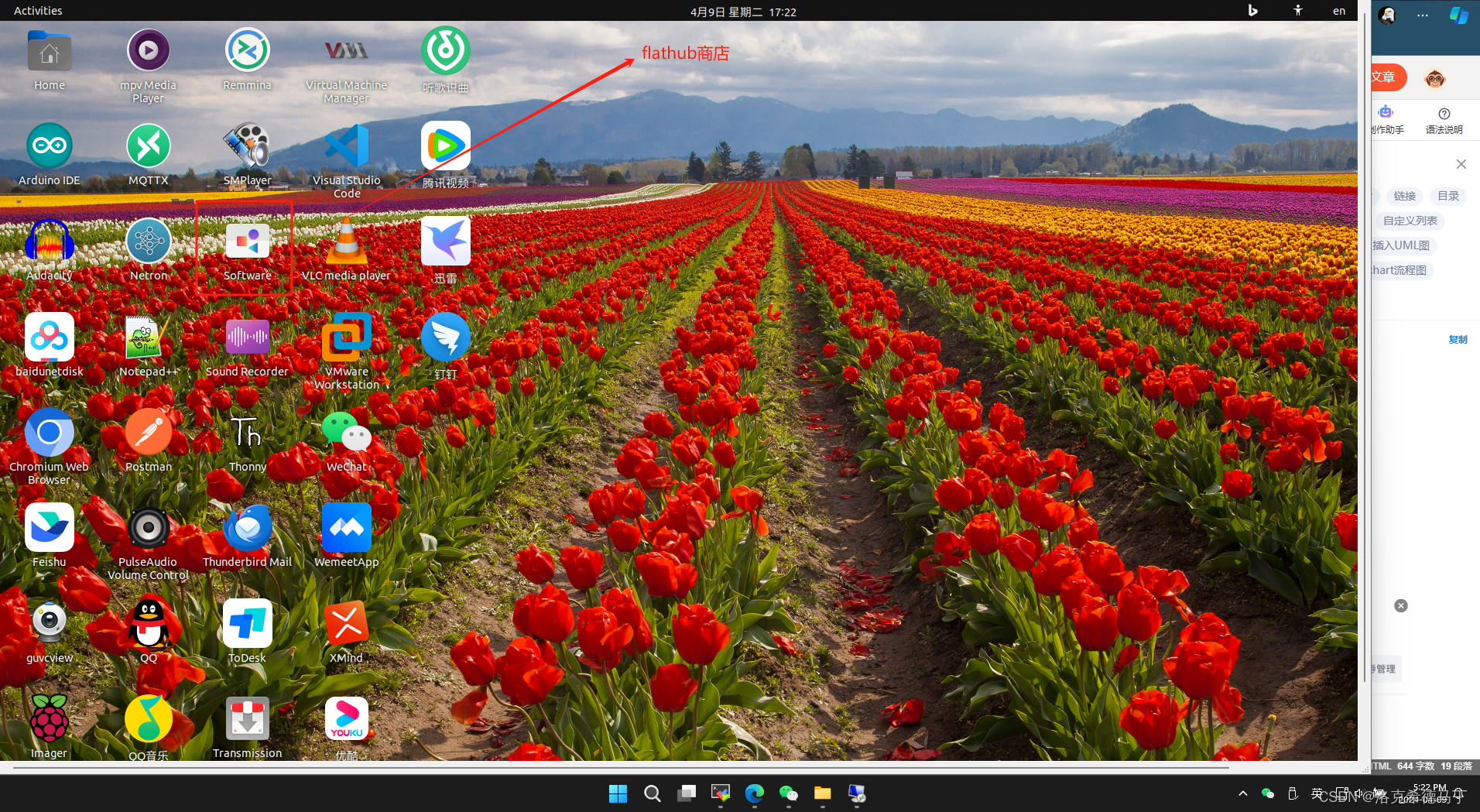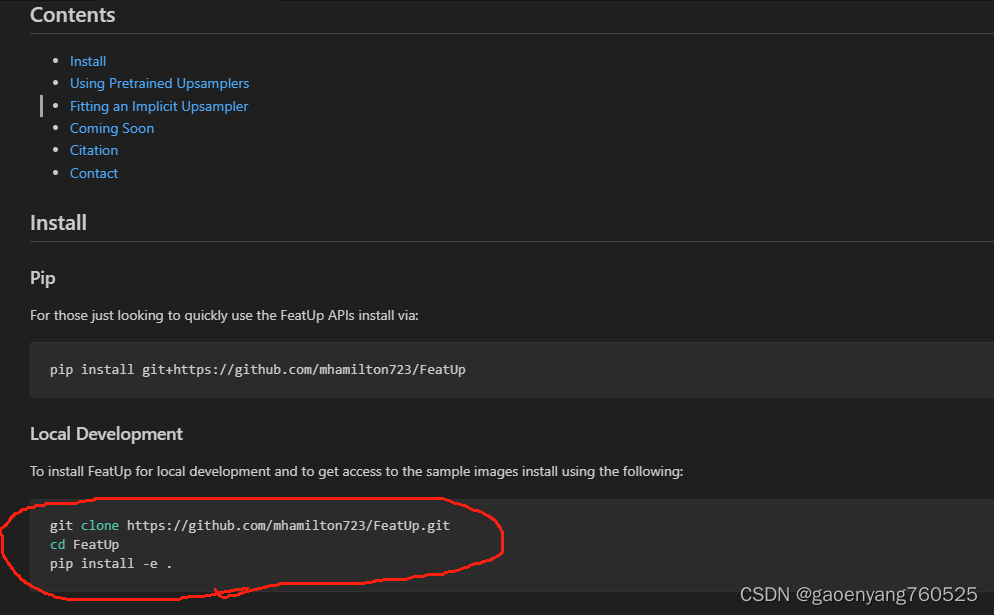1.创建一个飞书群聊,设置-->群机器人-->添加机器人-->自定义机器人-->修改机器人名称-->添加
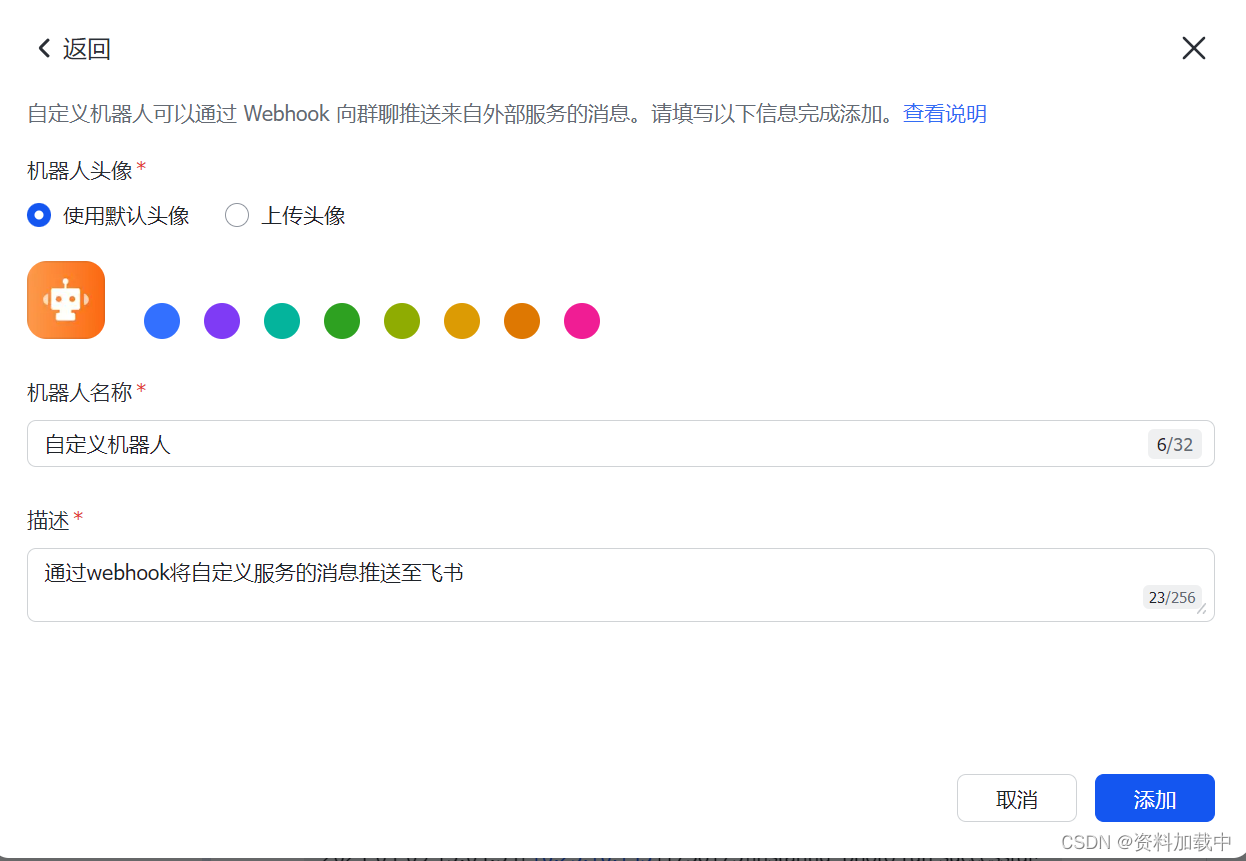
2.复制webhook地址
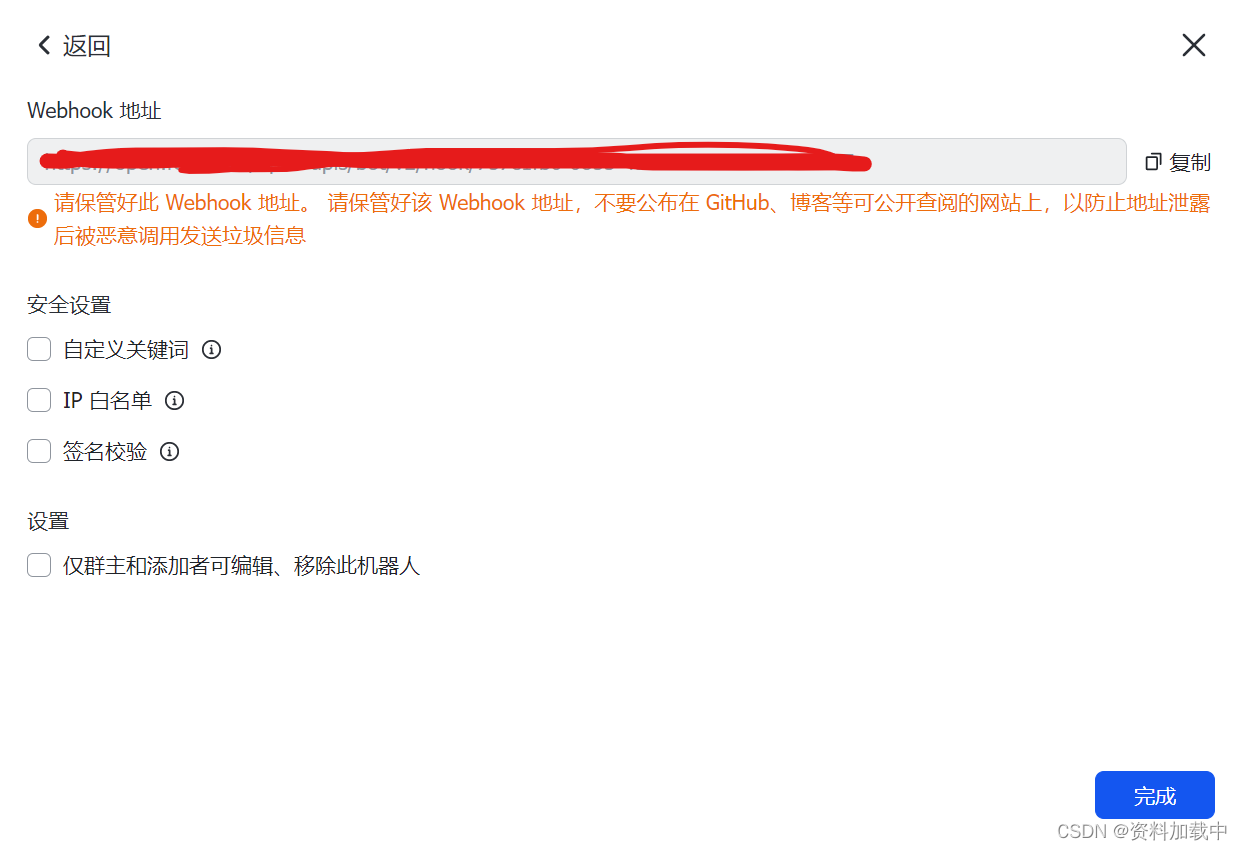
3.编写日志请求代码
import logging
import requests
import json
import os
from datetime import datetime
import time
import subprocess
# curl -X POST -H "Content-Type: application/json" \
# -d '{"msg_type":"text","content":{"text":"request example"}}' \
# webhook地址
def get_local_ip():
try:
# 执行系统命令获取本地 IP 地址
result = subprocess.check_output(['ip', 'addr']).decode('utf-8')
# 解析输出,找到本地 IP 地址
lines = result.split('\n')
for line in lines:
if 'inet ' in line and '127.0.0.1' not in line:
local_ip = line.strip().split(' ')[1]
return local_ip.split('/')[0] # 返回不带掩码的 IP 地址
return None
except Exception as e:
print("无法获取本地IP地址:", e)
class send_mes:
def __init__(self):
self.data = {
"msg_type": "text",
"content": {
# "text": "pid:%s,ip_addr:%s" % (current_process_id, ip_addr[0])
"text": ""
}
}
self.url = "webhook地址"
self.headers = {
"Content-Type": "application/json"
}
self.pid = os.getpid()
self.ip_addr = get_local_ip()
# sef send_message()
def send_message(self, data):
current_time = datetime.now()
# 将当前时间转换为字符串格式
current_time_str = current_time.strftime("%Y-%m-%d %H:%M:%S")
data_li = [current_time_str, self.ip_addr, self.pid, data]
data_li_str = [str(item) for item in data_li]
self.log_ = "|".join(data_li_str)
self.data["content"]["text"] = self.log_
try:
response = requests.post(self.url, json=self.data, headers=self.headers)
if response.status_code == 200:
print("消息发送成功:", response.json())
else:
print("消息发送失败:", response.text)
except Exception as e:
print("发送请求时出错:", e)
if __name__ == "__main__":
#实例化发送信息类
send_mes_ = send_mes()
#发送消息
send_mes_.send_message("这是一条日志消息")
4.测试
日志信息将包括日期、执行程序的进程和ip,最后加上日志信息
将error,info,debug放在三个机器人上,平时可以查看,等到真正使用时,把info和debug界别日志去掉,避免发送日志影响性能。

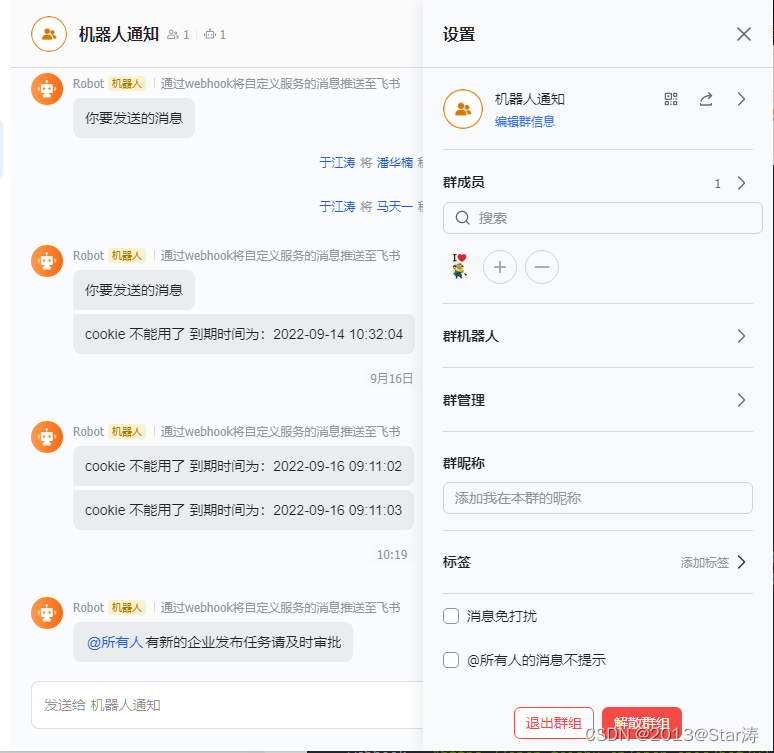
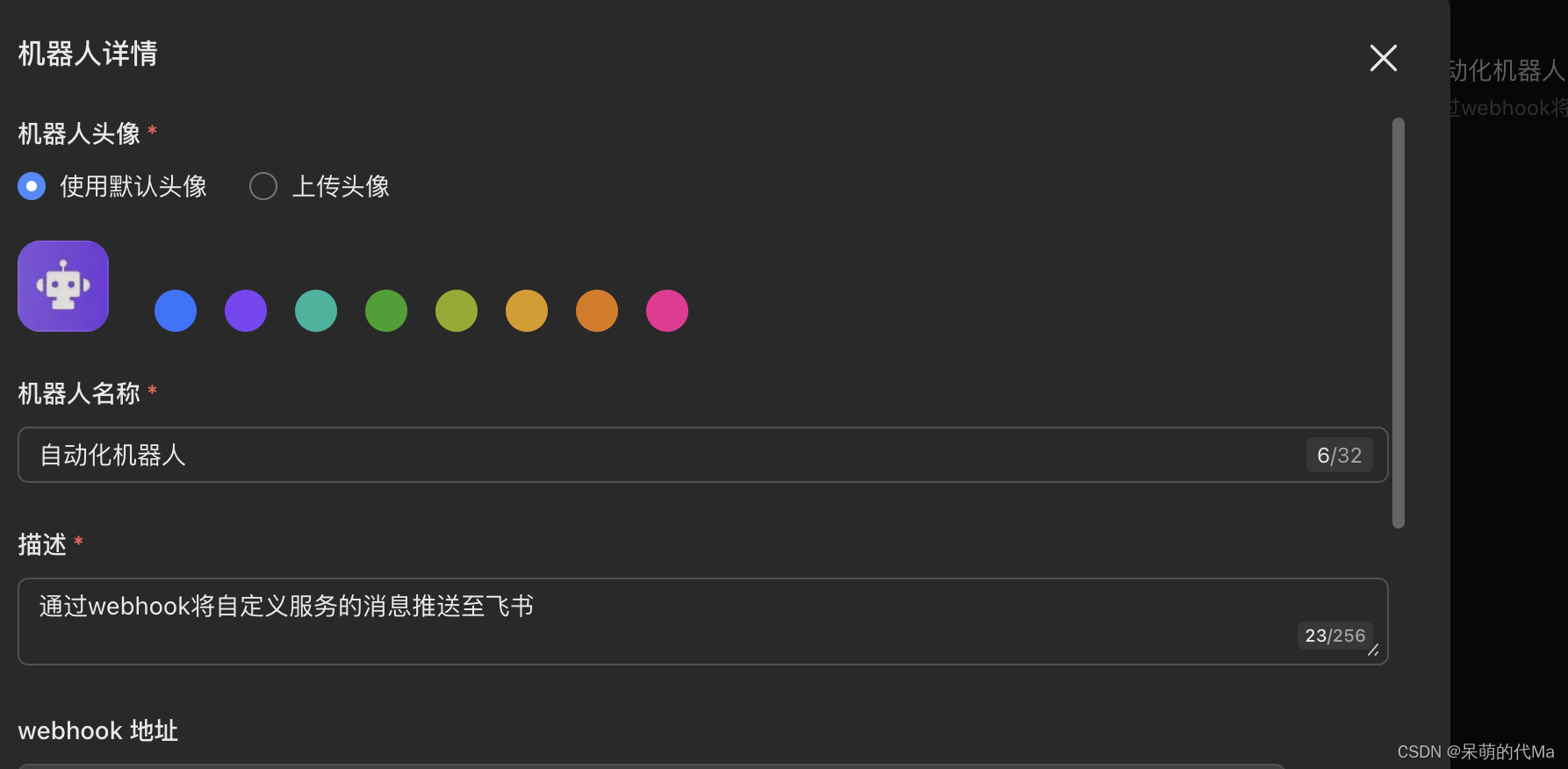




















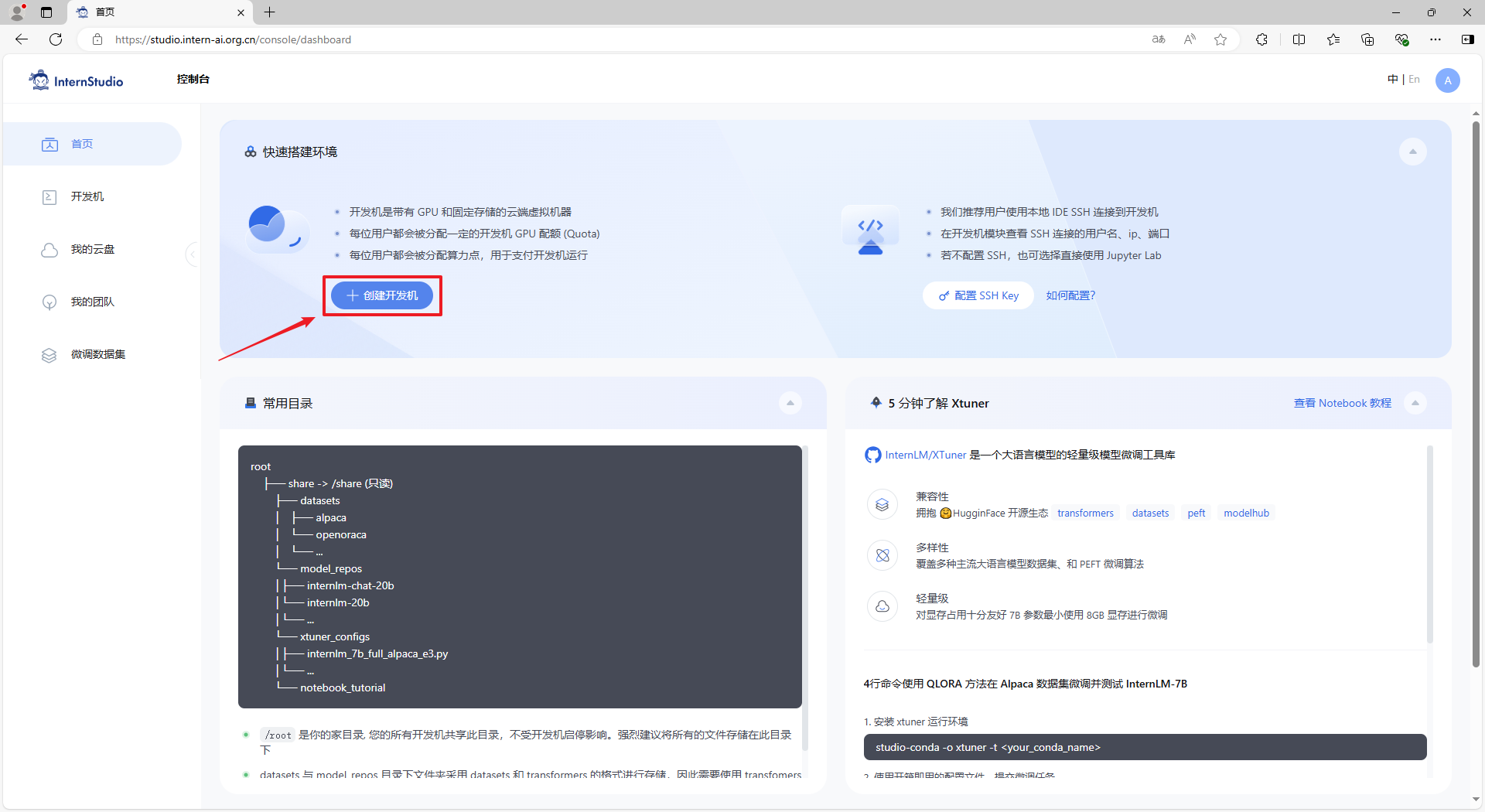

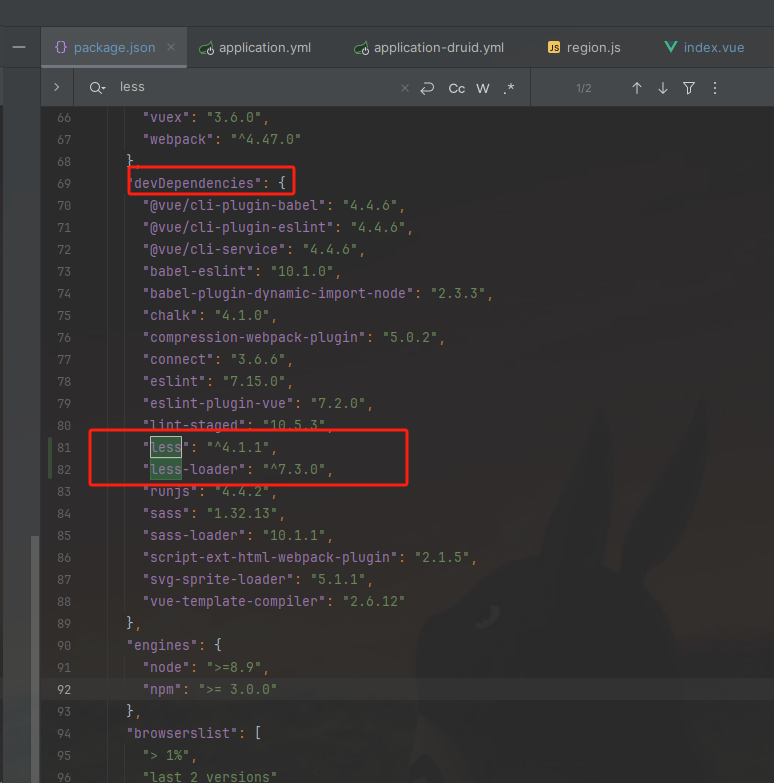




![[数据结构]栈和队列结构的简单制作](https://img-blog.csdnimg.cn/direct/61de0ba260e44441b235f15a1c503c39.png)
